Publications
Lowy Institute research publications are downloadable from the website free of charge.
If you wish to purchase hard copies of Lowy Institute Papers, please contact reception@lowyinstitute.org.

Analyses
Timor-Leste’s uncertain future
Timor-Leste has accomplished a great deal over the past two decades but faces challenges of an intensity that could undo much of what it has achieved.
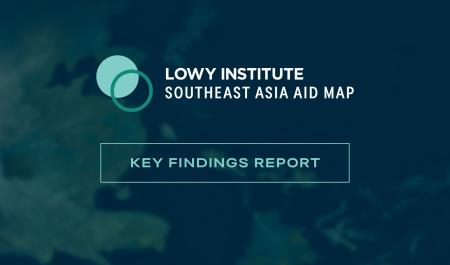
Analyses
Southeast Asia Aid Map - Key Findings Report
The Lowy Institute Southeast Asia Aid Map is an analytical tool designed to improve aid and development effectiveness in Southeast Asia. This report profiles the 11…

Analyses
Chips, subsidies, security, and great power competition
Motives in the tech competition between the United States and China pose increasingly difficult policy issues for other economies.
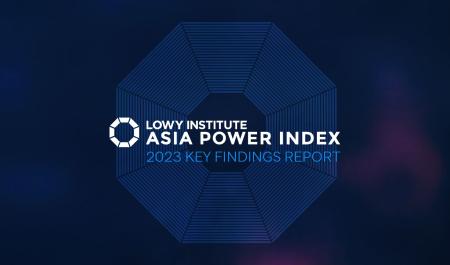
Analyses
2023 Asia Power Index - Key Findings Report
In-depth analysis and insight into the changing power distribution in Asia and its geopolitical consequences.
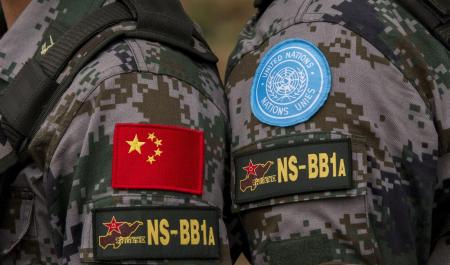
Analyses
Mixed report card: China’s influence at the United Nations
China is of growing importance to the UN system, and Beijing is aiming to capitalise on this influence at the world body.
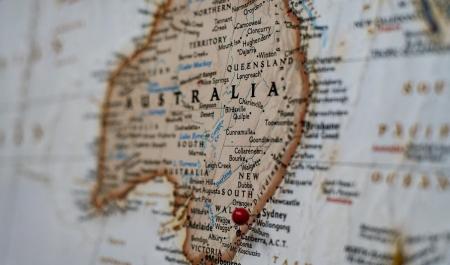
Analyses
Sharper choices: How Australia can make better national security decisions
In a complex and competitive national security environment, new ways of thinking on strategic decision-making are key.
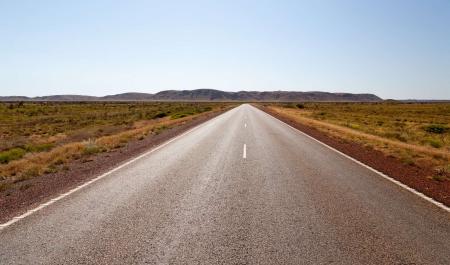
Analyses
Chinese coercion, Australian resilience
As bilateral relations stabilise, Australia should work to entrench its position as an indispensable supplier of key commodities to China.

Subscribe to stay up to date
Be the first to receive the Lowy Institute’s latest research, podcasts and information on upcoming events.

